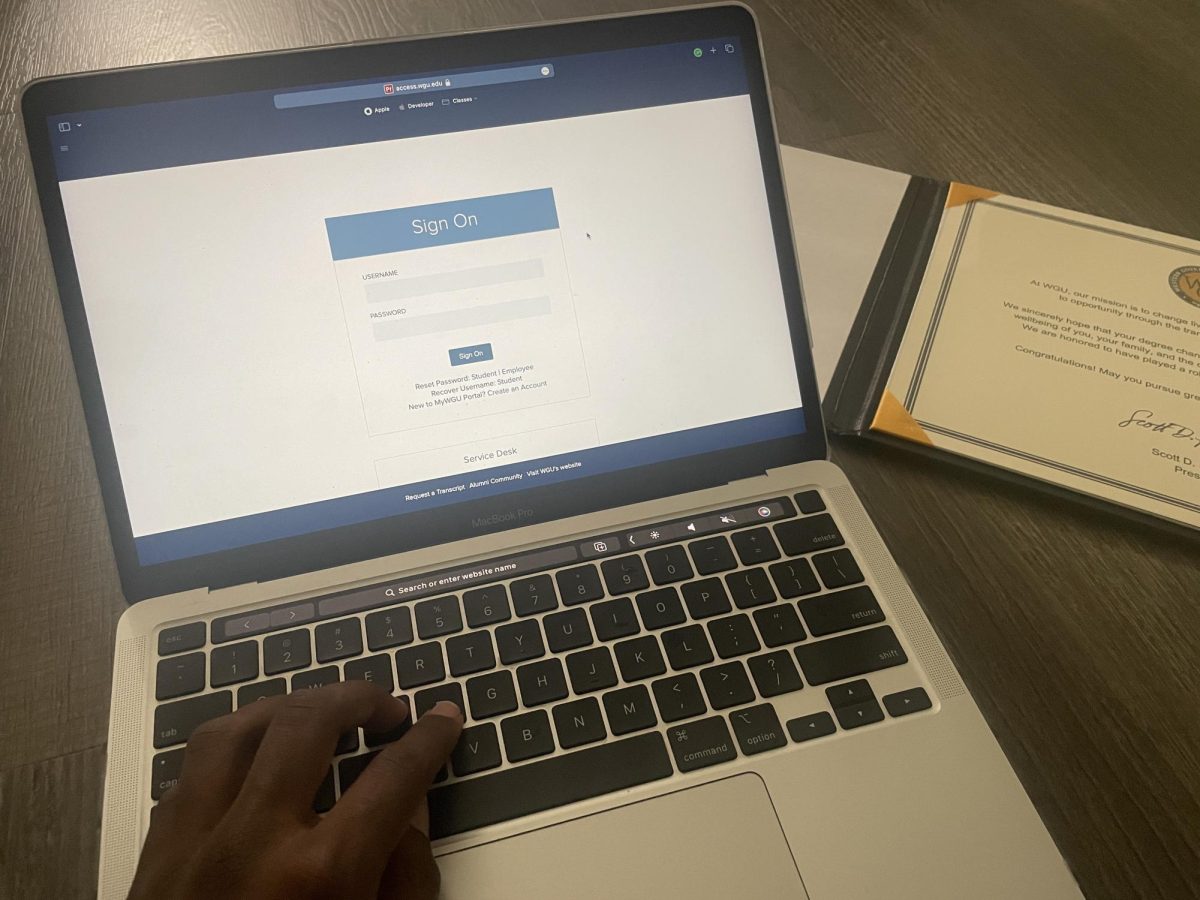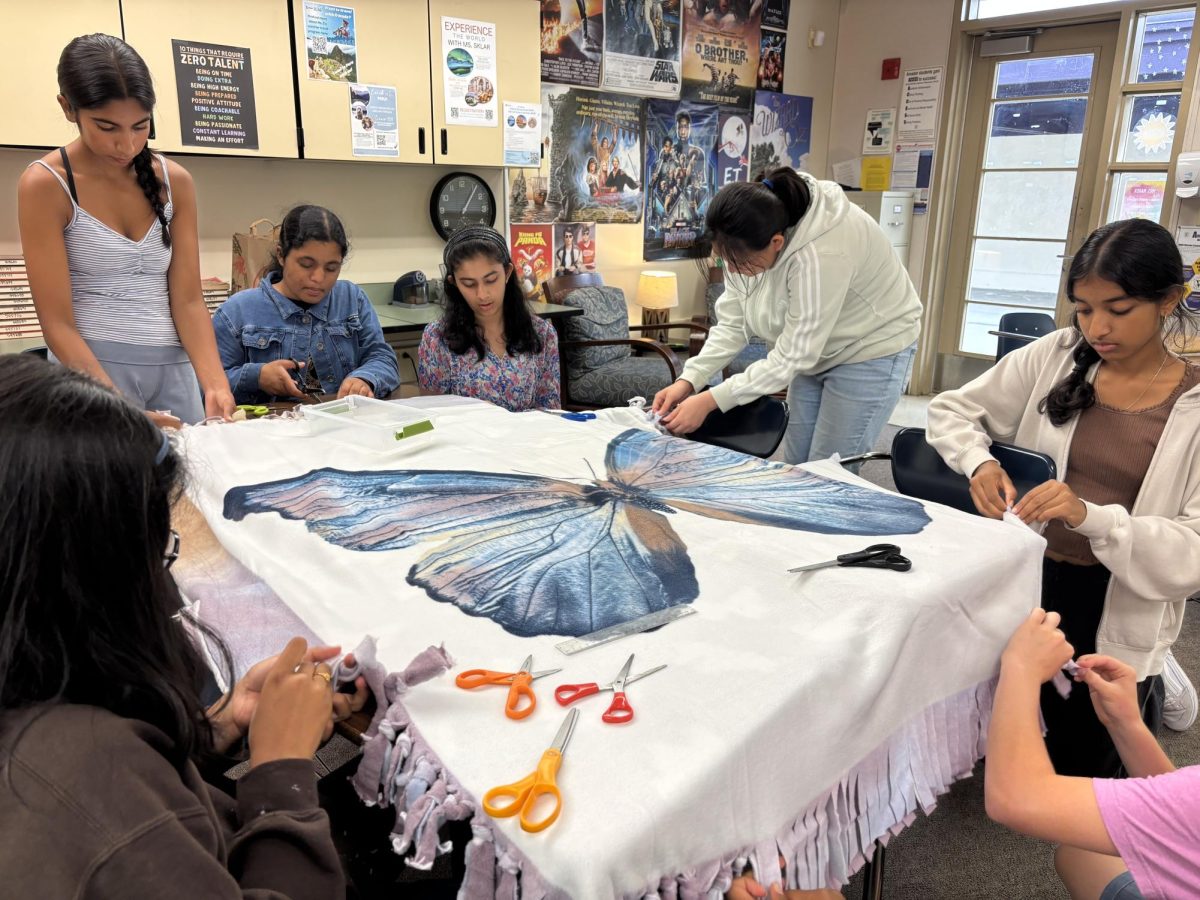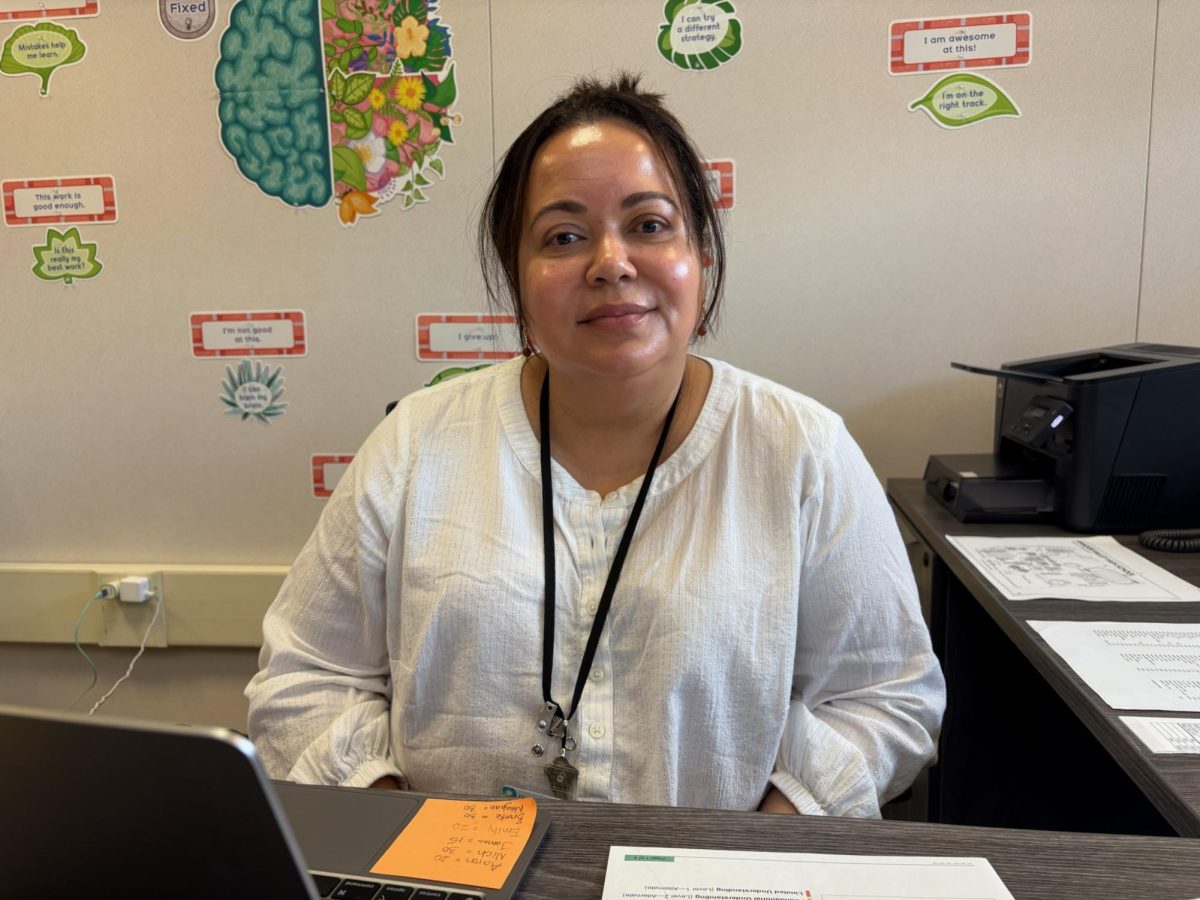With total college enrollment dropping by nearly 10% in the past decade, the societal norm of attending a traditional 4-year college after high school is being challenged by the cheaper and more flexible alternative of online programs.
Sites like Coursera and EdX show the increasing number of universities offering online undergraduate degree programs as student enrollment trends upward.
“The competition has increased in America. While it’s not necessarily a bad thing, people who have the skills and passion but don’t have the accolades often are alienated from the system. They don’t get to university and realize their passions and dreams,” said Dhanvanth Rajesh (‘25).
Loans have become a primary concern for both prospective students and those who have already graduated. It has escalated to a point where there were even talks about forgiving the debt and debt relief from the national government. However, most online degree programs offer a significantly cheaper pricing structure, with many costing under 20k in total.
“Many families these days have to take on debt and student loans. We have all heard on the news how bad student debt can get. In fact, a colleague at my mom’s company is still paying off the student debt at the age of 55,” said Rajesh.
Traditional universities like ASU, CSU, and UPenn offer online degree programs along with in-person ones, but there is a new wave of completely online schools. Western Governors University focuses on career-aligned courses, and the average student takes just 27 months to complete a bachelor’s degree.
“Initially, I was skeptical before enrolling because pursuing an online degree requires strong self-discipline and time management skills to structure the study time. However, I had an excellent experience in pursuing an online MBA with digital tools, discussion boards, one-on-one sessions with the lecturers, and more,” said recent WGU Graduate Sujit Bayya.
Postgraduate degrees seem to be one of the most popular choices when it comes to online degrees, as they allow working professionals to learn new skills in hopes of a promotion or changing their career path.
“I would consider getting a traditional in-person four-year degree in computer science. And after that, through an employer or my own volition, I would do an online MBA. It can be beneficial because that way, not only will your employer pay for your education, but you can take the courses from the luxury of your home after working 9-5,” said Sangeet Barkataki (‘24).
Alternative options like pursuing online college, transferring to community college, and entering the workforce directly are becoming increasingly attractive to many as public perception starts to look beyond the usual path of 4-year colleges.











